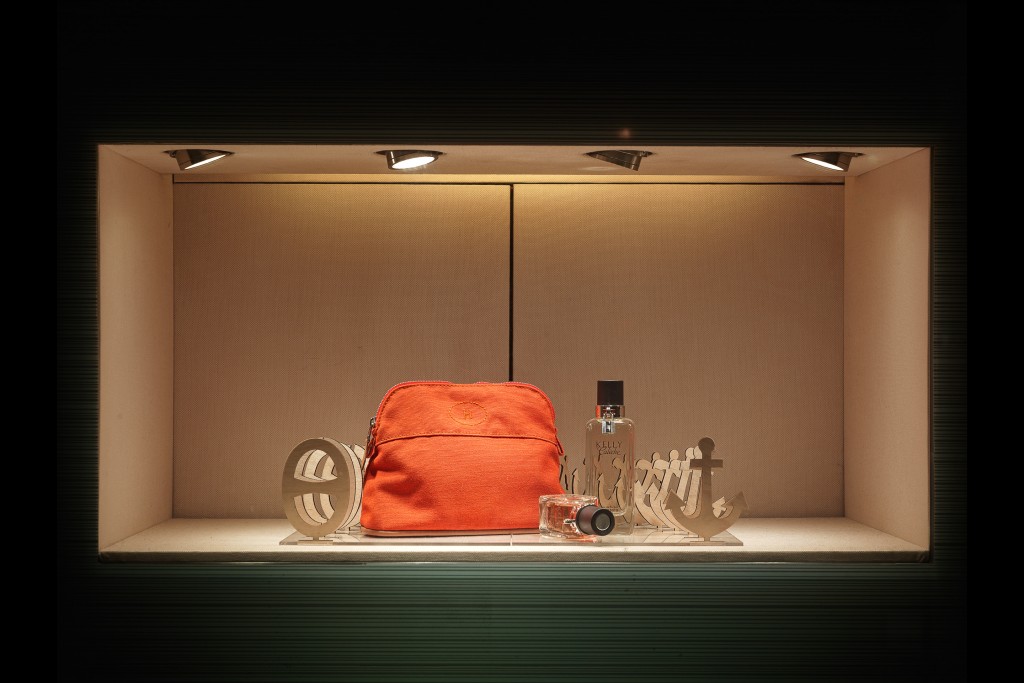
I abhor knickknacks and objects that clutter my home; but, I’m thankful for my gear. These functional items help me do my work, take in the outdoors, and explore my creative interests.
My laptop, smartphone, and applications are essential to the work I do. Our family has fun exercising together, because of our ski equipment. Meanwhile, I use pens, pencils, notebooks, cameras, and so on, to create.
These things improve my life—and I’m glad to own them.
In the above lies an important distinction. I don’t own the things I describe because of what they are, nor, for what they outwardly represent. I own them because of what they help me do.
Most don’t share this mindset. Instead, they act as corporations and advertising agencies programmed them to.
Those who sell consumer goods understand that utility has limits. Once you have one car, you don’t need another. The same goes for a hammer, pair of glasses, or set of cutlery. So, the utility of a product becomes secondary, and the marketing focus shifts to brand and perception.
The message behind most brands is the same: “Owning this thing will make you [insert state of being].” Owning this car will make you cool. Owning these jeans will make you desirable. Owning this apartment will make you happy.
Notice what they did there? Those smarty-pants marketers turned what they were selling into a destination. And it works! Shoppers go to the mall not because they need something, but to partake in a sort of pastime. People treat objects like goals, thinking these things symbolize having “arrived.” Additionally, judging an individual by what she owns, wears, and watches is commonplace.
Although utility fulfills tangible needs, desire is limitless. An advertiser can only sell you a drill once, but they can sell you the promise of happiness perpetually. That advertiser can’t deliver on his promise, but that doesn’t matter. He’ll move the promise to the next thing he can sell you, or a newer version. (In the case of consumption, humans have short memories.)
When we say, “things don’t matter,” we’re being simplistic. Things do matter, and they improve how we live. But—like anything else—there’s a spectrum of benefit. A roof and working toilet bring enormous utility to the person who did without such essentials. But, by the time you need a three-car garage, to store the stuff that doesn’t fit in your closets, you’ve OD’d on things.
A thing can make you happy, but things are not paths to happiness. A thing can give you access to new experiences, but things are not destinations. You aren’t “there,” when you get a car, but you do have a way to get somewhere.
Don’t want the thing; want what it does.